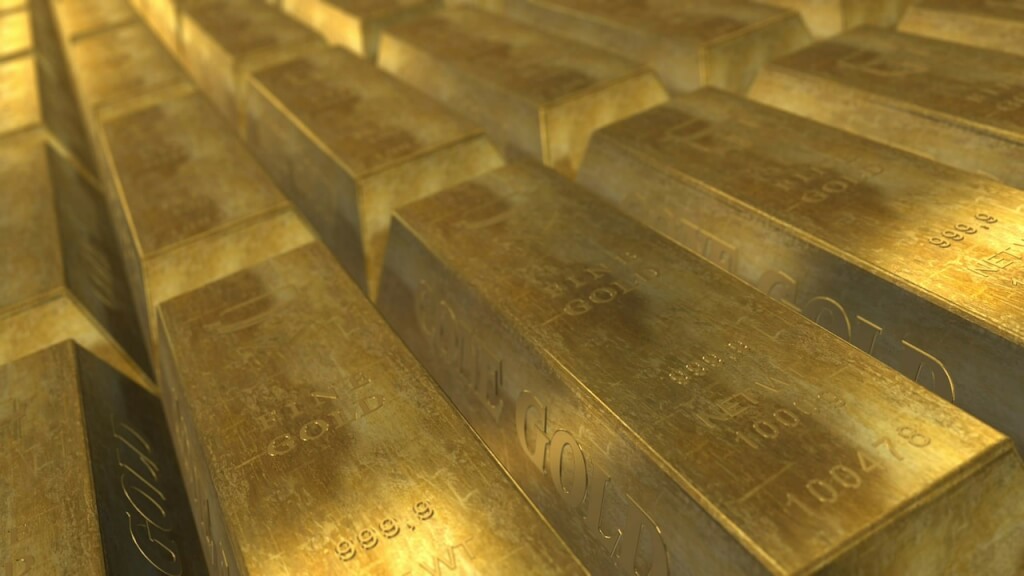The developments of the Shariah gold standard could lead to a dramatic increase in demand for physical gold coins and bars in the Islamic world, and is expected to contribute to a significant increase in the price of gold.
What is Shariah Finance?
Shariah finance can be defined as non-interest based finance. According to Islamic Law, it is religiously unacceptable to extract interest from others and therefore, financial instruments must be customized for Islamic communities to ensure they are not in violation of the Koran.
Investing in Shariah compliant gold, under the new Shariah gold standard implies that no precious metals are borrowed, loaned or earn income. Instead, the investor will be ensured that the actual gold holding is comprised of physical precious metals. To guarantee this, gold bars will be numbered and noted, where profits can only be earned based on the value of gold.

Motivation for the Shariah gold standard
The Islamic investors are looking for more serious options for investing in precious metals, especially gold. Instead of being victim to the volatility of the U.S. dollar and other western currencies, these investors are looking to protect their wealth through a tangible, real currency.
Currently, paper gold traded on the open market is not compliant with Shariah finance, as described previously. As well, neither are gold-backed derivatives. According to the Gulf Times: the Shariah gold standard attempts to:
“Provide guidance from the Shariah perspective on the usage of gold in financial and investment transactions for Islamic financial institutions and participants, and aims to increase transparency and harmonization of the use of gold investments and reduce unclear specifications on what’s haram and what’s halal in trading the metal.“
What does this mean for the price of gold?
Currently, there are more than $2 trillion worth of funds held in Islamic financial institutions. This figure is expected to double in asset base up to 2020. Even if a small portion of this was put towards purchasing precious metals, this may unleash a frantic round of purchasing gold in an already thinly traded market.
This has the potential to push gold prices to new records, reshaping the market for decades to come, representing a hugely bullish force for the metal’s price with demand coming from a variety of sources: investment funds, wealth managers, retail banks, liquidity managers, treasurers and takaful institutions.
As well, gold could be used as a vital instrument to manage financial risk and volatility for Islamic financial institutions, which was traditionally limited to Shariah compliant assets such as real estate, Islamic bonds or certain stocks.
